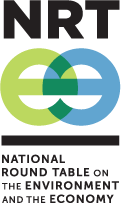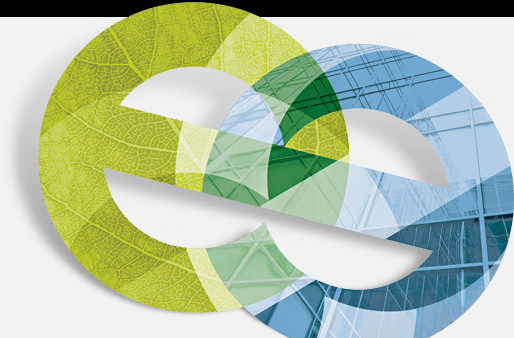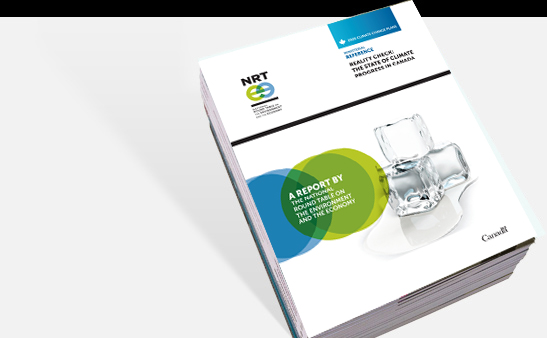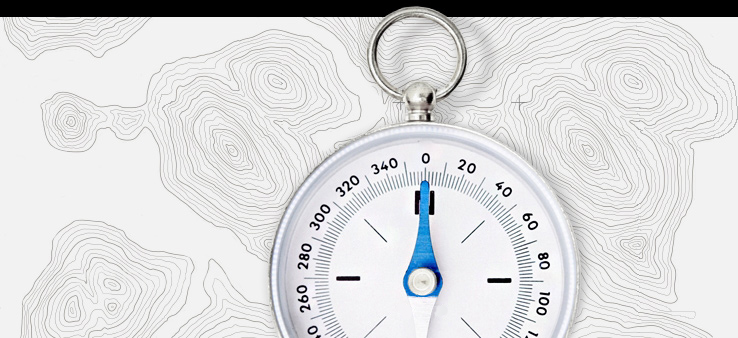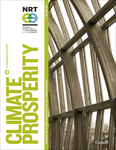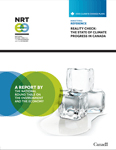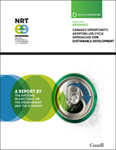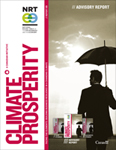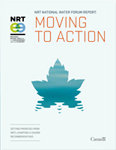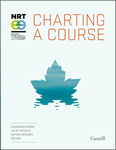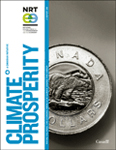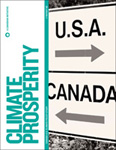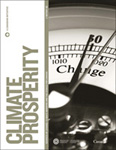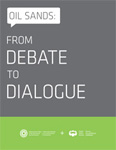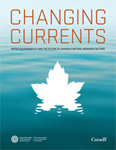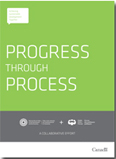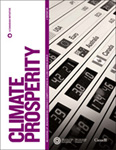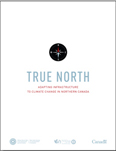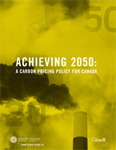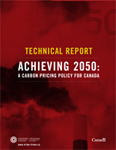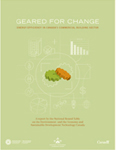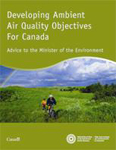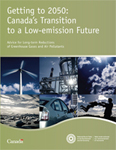Paying the Price – What Does It Mean ?
// Ignoring climate change costs now will cost us more later: The highest costs result from a refusal to acknowledge these costs and adjust through adaptation. In particular, long-lived decisions such as those that are made about coastal development, infrastructure, and forest management should consider the expected impacts of climate change and take steps to account for these costs through adaptation strategies.
// Adaptation isn’t cost-free but often yields benefits: The costs of adaptation are often readily identified, leading to adaptation strategies being dismissed as too costly. A more complete accounting needs to also factor in the benefits of adaptation — both from reducing the impacts of climate change and from reducing baseline risks of current climate conditions. As shown in this report, once the benefits of adaptation are incorporated, adaptation can often lead to greater savings than costs.
// Adaptation policy and decision making can benefit from economic assessments: Our research shows the need to integrate economics into analytical and decision-making frameworks that governments, communities, and businesses are currently using to identify problems and choose among solutions. Decision makers should further explore the economics of climate change impacts and adaptation at the appropriate scale to identify cost effective adaptation strategies. Adaptation decision making can be encouraged through further economic research along the lines presented in this paper. Economics can be used as a tool to justify investments in adaptation, especially when resources are limited.
